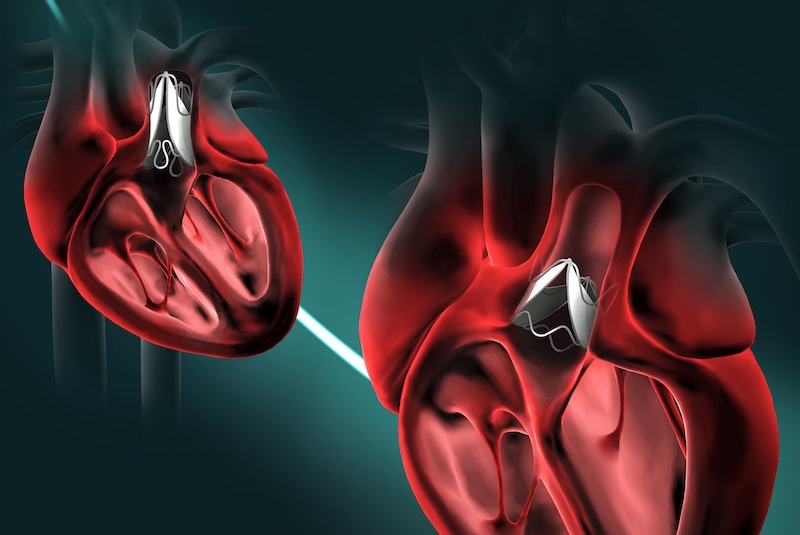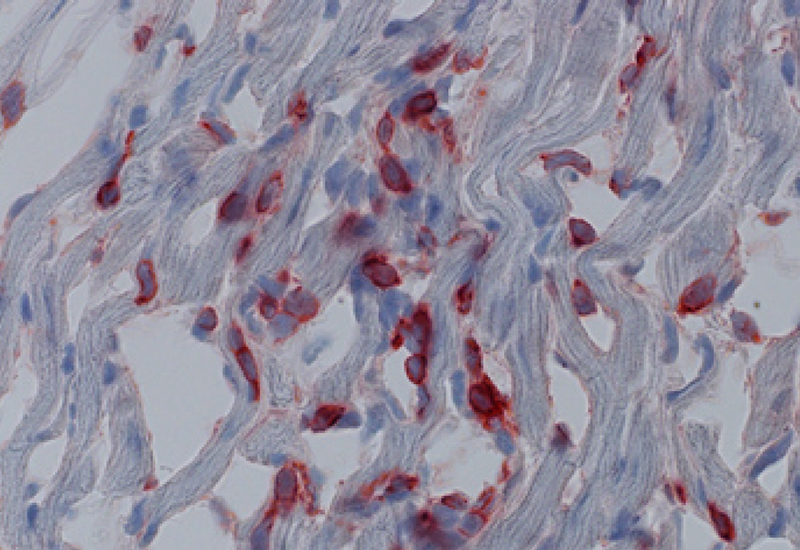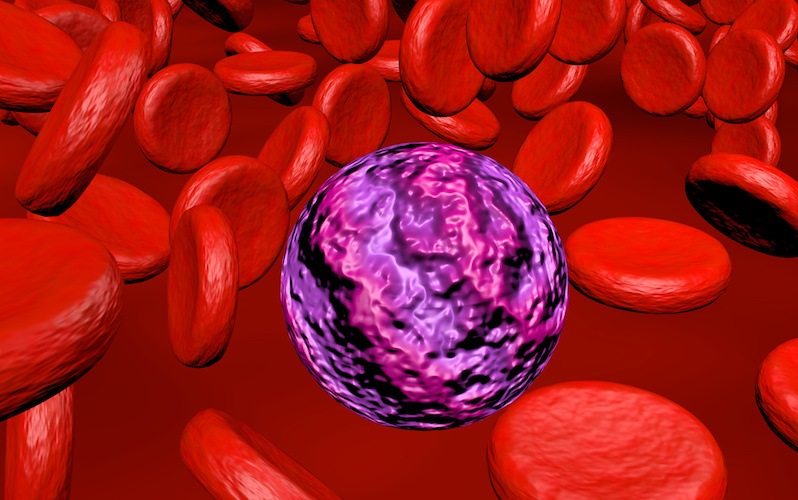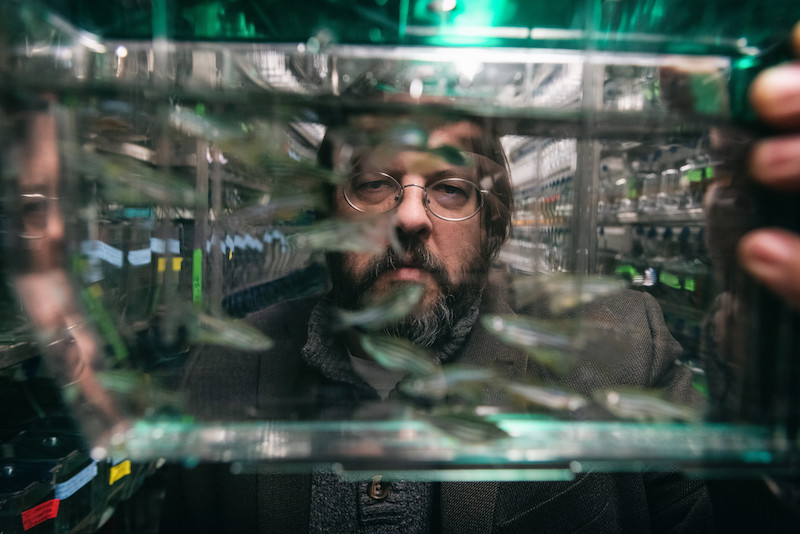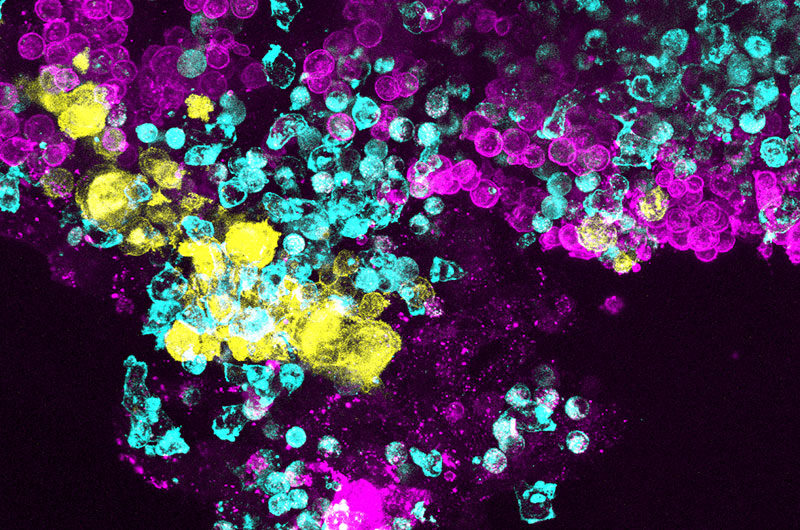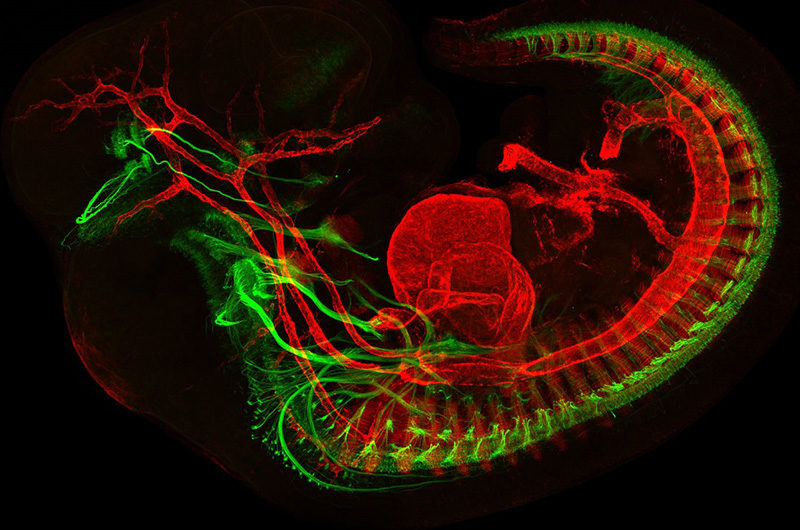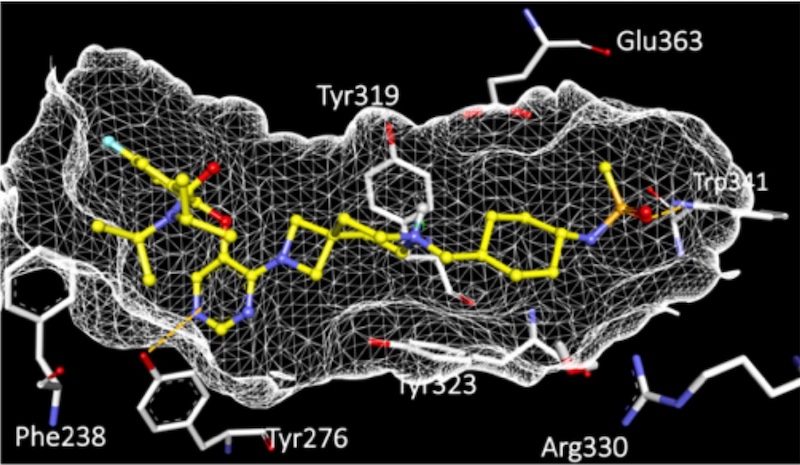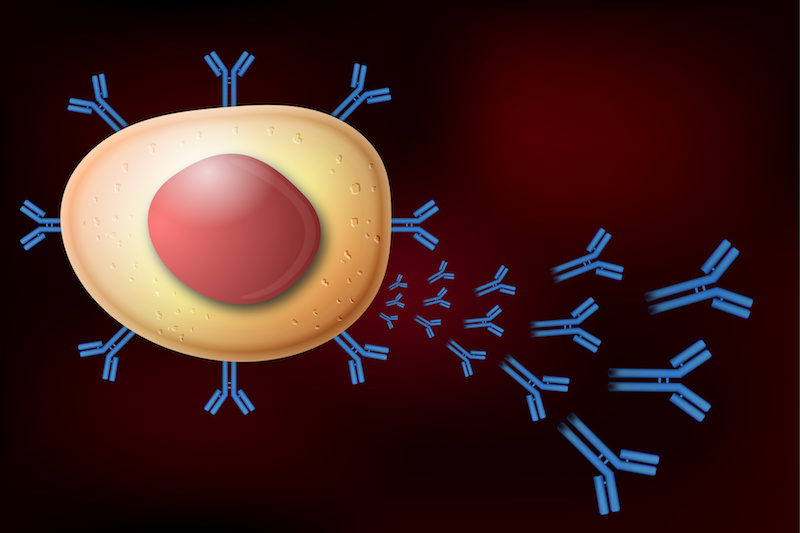Someday, this prosthetic heart valve might be the only one a child needs
More than 330,000 children worldwide are born with a heart valve defect, and millions of others develop rheumatic heart disease requiring early valve replacement. Current prosthetic heart valves are fixed in size, so typically need to be replaced every few years as a child grows. For children receiving their first replacement before age 2, that ... Read More about Someday, this prosthetic heart valve might be the only one a child needs
Going into science: Women scientists at Boston Children’s offer advice to girls
In honor of the International Day of Women and Girls in Science (February 11), we invited women scientists at all stages of their careers at Boston Children’s Hospital to share their scientific agendas. Here is some of what they had to say. The scientists also offered their advice for girls interested in entering the field. ... Read More about Going into science: Women scientists at Boston Children’s offer advice to girls
Looking for clues to improve the life of a transplanted organ
The Transplant Research Program (TxRP) at Boston Children’s Hospital is the only pediatric transplantation research program in the U.S committed to better understanding the molecular basis for organ rejection after transplantation in children. Within the last year, members of the TxRP have initiated a new initiative to extend the longevity of transplanted organs and to ... Read More about Looking for clues to improve the life of a transplanted organ
Could leukemia be stopped before it starts?
Acute myeloid leukemia (AML), a blood cancer affecting both adults and children, requires more than one genetic “hit” to develop. As we age, many of us acquire a mutation that enables certain of our blood cells to multiply faster than others, forming their own distinct population. This first hit, known as “clonal hematopoiesis of indeterminate ... Read More about Could leukemia be stopped before it starts?
Diving deep: Understanding skeletal conditions with fish models
From fragile ice fish deep in the Antarctic Ocean to flying fish gliding above the Caribbean sea, fish have evolved a fascinating variety of skeletal traits. These traits not only help them adapt to their environments, they are also providing genetic insights into rare human skeletal disorders. Fish are not as genetically different from us ... Read More about Diving deep: Understanding skeletal conditions with fish models
Bone marrow-on-a-chip provides new research directions for Shwachman-Diamond syndrome
A new research tool that mimics the behavior of diseased bone marrow provides a new strategy for understanding the bone marrow disease, Shwachman-Diamond syndrome (SDS), and hopefully, developing new treatments. With SDS, bone marrow fails to produce blood cells normally, leading to bone marrow failure and an increased risk of leukemia. In a research paper ... Read More about Bone marrow-on-a-chip provides new research directions for Shwachman-Diamond syndrome
The Beauty of the Brain
Every year, the Harvard Brain Science Initiative sponsors its Beauty of the Brain contest. This year, two Boston Children’s Hospital images are among the six winners drawn from a pool of forty submissions. Above, Mary Whitman, MD, PhD, and Jess Bell, from the laboratory of Elizabeth Engle, MD, developed this image of a developing mouse ... Read More about The Beauty of the Brain
Targeted small-molecule agent shows early promise against a dangerous infant leukemia
Leukemias involving reshuffling or rearrangement of the mixed lineage leukemia (MLL) gene, known as MLL-rearranged or MLL-r leukemias, account for 70 to 80 percent of acute leukemias in infants under one year old. In these blood cancers, a subset of acute myeloid and acute lymphoid leukemias (AML and ALL), the MLL gene breaks and reattaches ... Read More about Targeted small-molecule agent shows early promise against a dangerous infant leukemia
Protecting against HIV by tricking the immune system
In making an HIV vaccine, a major goal is to stimulate production of broadly neutralizing antibodies that can fight multiple strains of the frequently changing virus. To date, experimental HIV vaccines haven’t been able to induce these kinds of antibodies. In fact, the immune system actively stops their production, seeing them as a threat. Another ... Read More about Protecting against HIV by tricking the immune system
Identifying specific markers in blood may improve diagnosis of IBD in children
New research may lead to improved methods to diagnose inflammatory bowel disease (IBD) in children. This could be especially beneficial for those experiencing malnutrition and impaired growth as a result of this condition, since it could shorten their wait time to access needed treatments. Identifying a common gene in blood and colon tissue samples Scientists from Boston ... Read More about Identifying specific markers in blood may improve diagnosis of IBD in children


